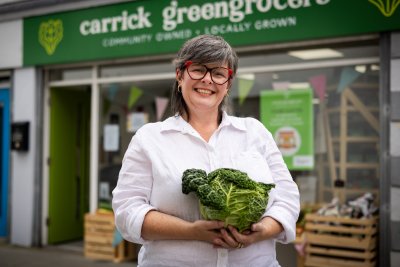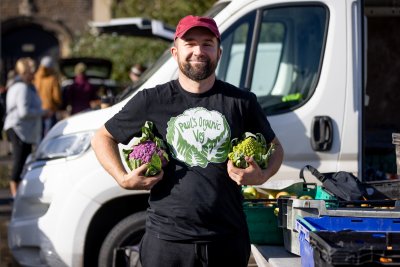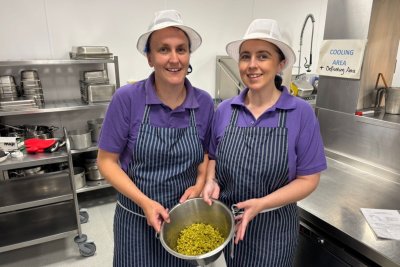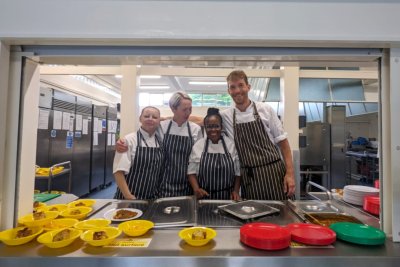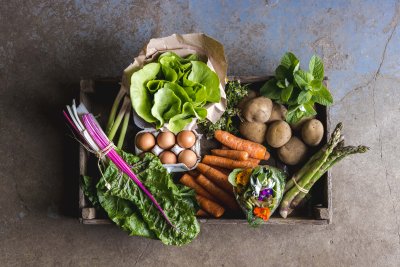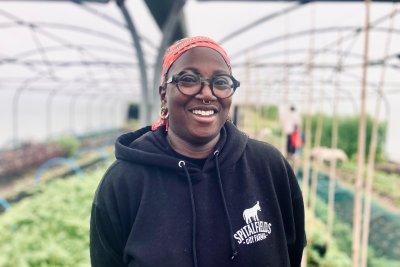'What climate change does is to bring back uncertainties from the time we were all hunter gatherers. We cannot assure any more that we will have the harvest we have planted.' With these apocalyptic words, José Graziano da Silva, director-general of the UN Food and Agriculture Organisation, launched its latest landmark report, The State of Food and Agriculture 2016.
Adding to the already substantial weight of evidence and opinion, the report finds that agriculture must contribute more to combating climate change while bracing to overcome its impacts. Key to success is help for the small-scale farmers who provide most of the world's food.
'2016 should be about putting commitments into action', da Silva urges, noting the international community last year agreed to the Sustainable Development Goals and the Paris climate agreement.
The FAO report describes alternative, economically viable ways of helping smallholders to adapt and making the livelihoods of rural populations (often the most exposed to the risks of climate change) more resilient. It provides evidence that adoption of ‘climate-smart' practices, such as the use of nitrogen-efficient and heat-tolerant crop varieties, zero-tillage and integrated soil fertility management, would boost productivity and farmers' incomes.
Read the report
here, and find out more
here about Sustain's policies for greener and fairer food and farming.

